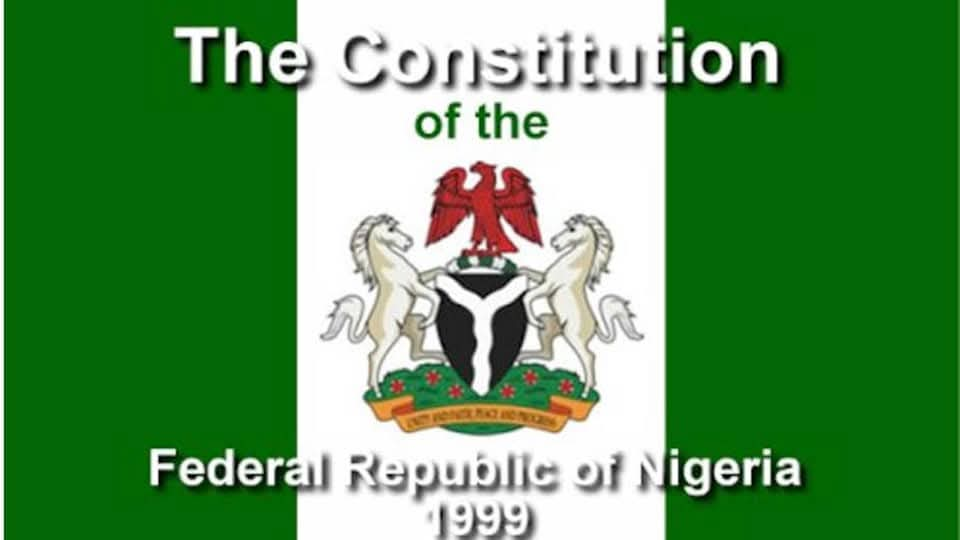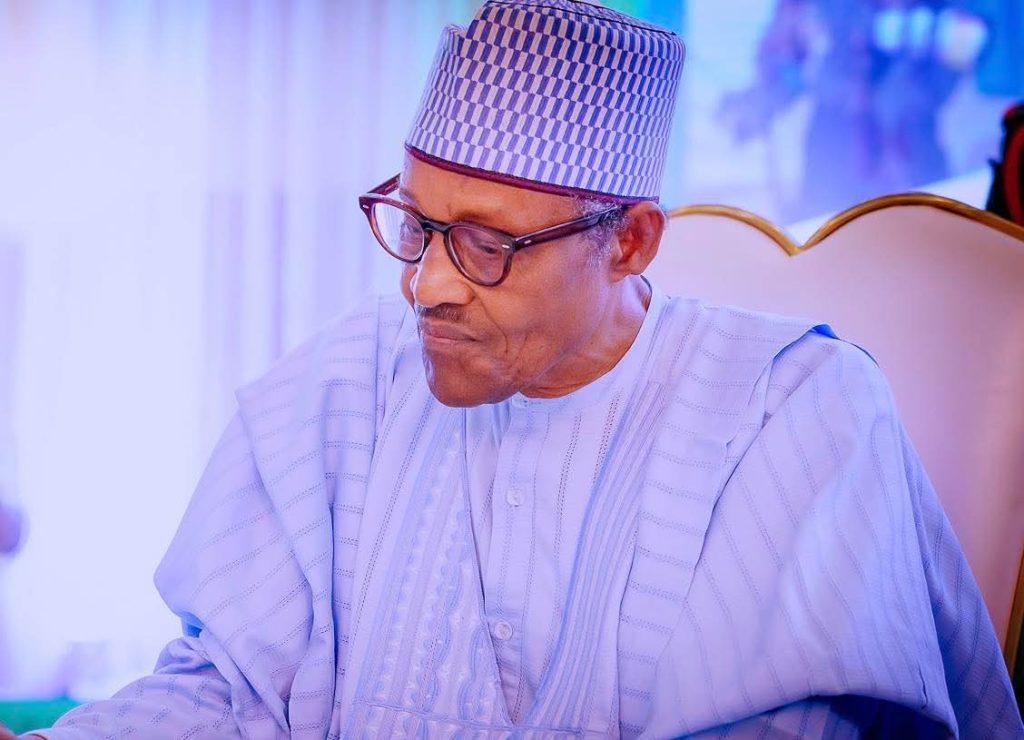Analysis
Tinubu lacks power to suspend Rivers State Governor Fubara
By Ignatius Amaechi

I condemn in totality the reported suspension of Rivers State Governor Sim Fubara by President Bola Ahmed Tinubu as the President has no unilateral authority to suspend a governor.
Nigeria’s constitutional framework does not grant the president unilateral authority to suspend a sitting governor.
A governor can only be removed through impeachment by the state House of Assembly or judicial proceedings.
The federal government should respect constitutional processes in handling governance disputes.
Legal framework and constitutional provisions
The Nigerian Constitution establishes a clear separation of powers between the federal and state governments.
It does not grant the President the authority to suspend an elected governor or dissolve a legislative body.
The only legal means of removing a governor are through impeachment or judicial rulings.
Section 305 of the 1999 Constitution outlines the conditions under which a President can declare a state of emergency.
A state of emergency can only be declared in cases of war, public disorder, natural disasters, or a total breakdown of governance.
Even if declared, the governor remains in office unless legal proceedings determine otherwise.
The Constitution requires National Assembly approval within two days if in session or ten days if out of session.
Political and legal implications
Declaring a state of emergency in Rivers State without justifiable reasons would be unconstitutional.
Such an action could be seen as politically motivated rather than a necessity for restoring order.
Past cases in Plateau and Ekiti states under President Olusegun Obasanjo showed governors were asked to step aside but not removed.
Suspending Governor Sim Fubara or the Rivers State Assembly would be a constitutional violation.
Any attempt to bypass due process could lead to legal battles and political resistance.
Political leaders should uphold democratic principles and avoid actions that threaten governance stability.
Background on the Nigerian Constitution
Nigeria practices a federal system with three tiers of government: federal, state, and local.
The 1999 Constitution serves as the supreme law governing the country.
It ensures the separation of powers between the executive, legislative, and judicial branches.
The Constitution protects the rights of elected officials from arbitrary removal by the federal government.
It guarantees democratic governance and outlines legal procedures for addressing political disputes.
I am a Nigerian politician and human rights activist and a member of the national media team of COPDEM, advocating for democracy and good governance.
I served as SUG President at Enugu State College of Health Technology, Oji River, in 2015, so I’m not a newcomer to political affairs.
I was a CONS Senator at the National Open University of Nigeria in 2021, representing Delta State and Owhrode Study Center.
As the State Youth Leader in 2024 and currently the Publicity Secretary of COPDEM in Delta State, I am committed to promoting constitutional governance and protecting democratic institutions.
Nigerians must remain vigilant and defend the rule of law against unconstitutional actions.
Share this message to your friends.
For Diaspora Digital Media Updates click on Whatsapp, or Telegram. For eyewitness accounts/ reports/ articles, write to: citizenreports@diasporadigitalmedia.com. Follow us on X (Fomerly Twitter) or Facebook











